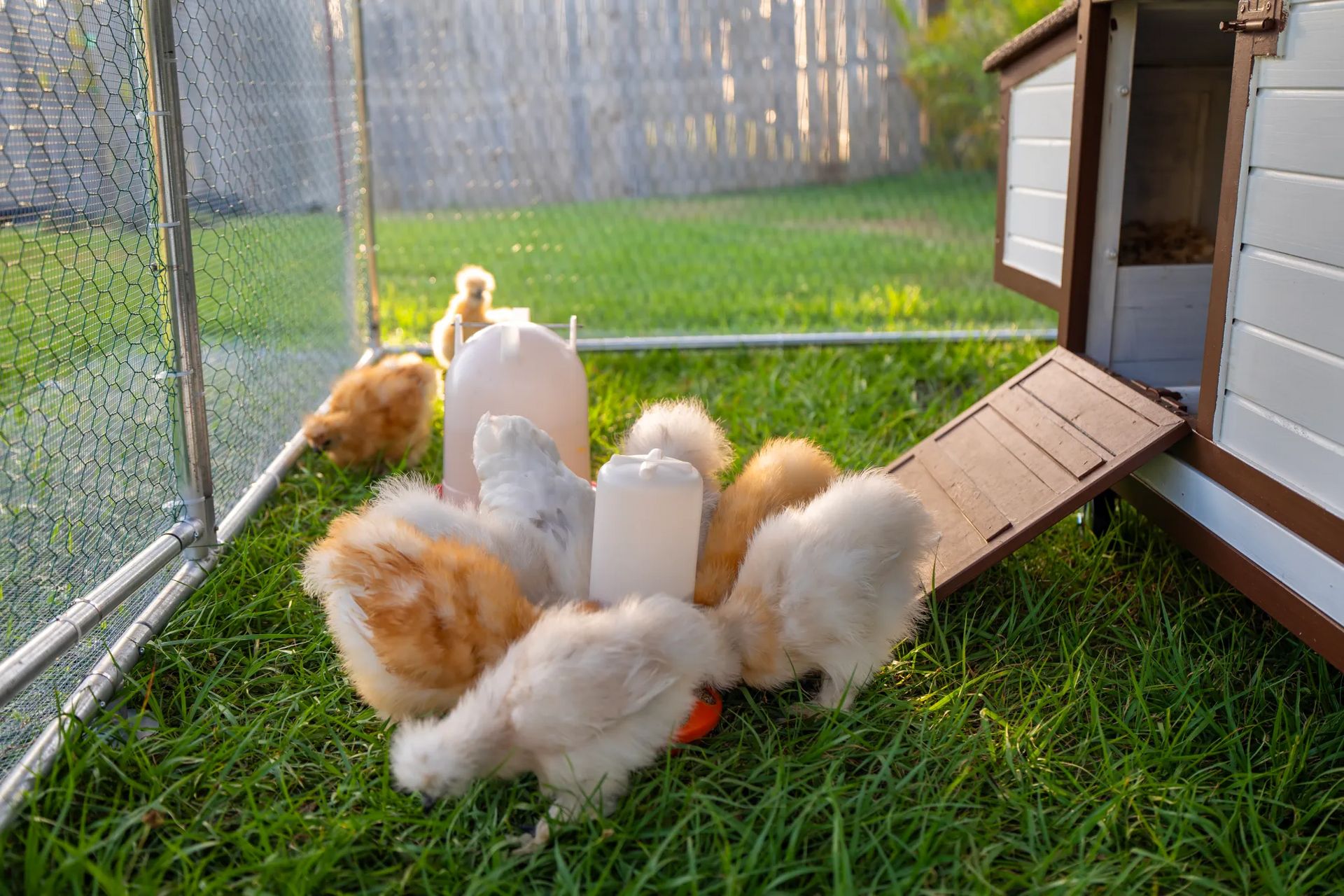- HOA Leaders' Brief
- Posts
- Smart Waste Management Systems
Smart Waste Management Systems
Good morning!
Next week we launch The WebLife $10K Meeting Case — a 30-day challenge to cut meeting time nearly in half while improving decisions. It’s our chance to set a new gold standard for focus and efficiency. Enroll now and help lead the change.
— Lucas Robinson, Founder & CEO at BudgetMailboxes.com
🎯 This Week’s Strategy:
Smart Waste Management Systems
🌐 Boardroom Brief:
Court Overturns Missouri Backyard Chicken Law — A Win for HOA Governance
Strategy
🎯 Smart Waste Management Systems
As communities grow and sustainability expectations rise, Homeowners’ Associations (HOAs) are under increasing pressure to manage waste efficiently while keeping costs and complaints low. Traditional waste collection methods often lead to overflowing bins, odor issues, and unnecessary expenses. That’s where Smart Waste Management Systems come in - a modern, data-driven approach that helps HOAs maintain cleaner communities, cut waste collection costs, and align with eco-friendly initiatives.
Smart Waste Management Systems use IoT-enabled sensors, real-time data, and automated alerts to monitor waste levels, optimize collection schedules, and reduce unnecessary pickups. For HOAs, this means fewer complaints, cleaner common areas, and lower waste management costs over time.
How HOA Leaders Can Implement a Smart Waste Management System
1. Assess Current Waste Management Challenges
Before investing in new systems, identify your current inefficiencies. Are bins overflowing before pickup days? Are vendors charging for unnecessary collections?
Action Steps:
✅ Conduct a 2–3 week audit of waste collection patterns, noting overflow times and collection frequency.
✅ Gather resident feedback on pain points (e.g., odors, clutter, recycling confusion).
✅ Review waste management invoices to identify potential cost-saving opportunities.
2. Explore Smart Sensor Solutions
Smart sensors are compact devices placed inside waste bins that track fill levels and send data to a centralized dashboard.
Action Steps:
✅ Research vendors offering IoT-based waste tracking systems compatible with HOA-scale operations.
✅ Compare pricing models - some charge per sensor, others per monthly monitoring plan.
✅ Choose sensors that integrate with your property management system for easier reporting.
3. Optimize Pickup Schedules with Real-Time Data
Once sensors are installed, data can reveal which bins fill up fastest and which areas need less frequent pickups.
Action Steps:
✅ Collaborate with your waste management provider to adjust collection routes and schedules.
✅ Use dashboards or reports to track collection efficiency and identify seasonal trends.
✅ Reallocate saved funds toward other sustainability or maintenance projects.
4. Encourage Resident Participation and Recycling
Technology alone isn’t enough, residents play a key role in successful waste management.
Action Steps:
✅ Create awareness campaigns about proper recycling and waste segregation.
✅ Offer simple visuals near bins (color-coded signage or QR codes for quick guidelines).
✅ Recognize or reward compliance through newsletters or community shoutouts.
5. Monitor, Report, and Evolve
Continuous improvement ensures lasting benefits. Track performance, savings, and resident satisfaction to refine the system.
Action Steps:
✅ Review waste reports quarterly to monitor trends and vendor performance.
✅ Compare pre- and post-implementation costs to quantify ROI.
✅ Expand the system to include composting or smart recycling programs if successful.
Why It Matters
Smart Waste Management Systems go beyond convenience, they represent a shift toward data-driven community management. By embracing technology, HOAs can cut operational waste, improve sustainability scores, and enhance resident satisfaction. Cleaner surroundings, fewer complaints, and measurable cost savings make this strategy a win for both the environment and the bottom line.
Home insurance rates up by 76% in some states
Over the last 6 years, home insurance rates have increased by up to 76% in some states. Between inflation, costlier repairs, and extreme weather, premiums are climbing fast – but that doesn’t mean you have to overpay. Many homeowners are saving hundreds a year by switching providers. Check out Money’s home insurance tool to compare companies and see if you can save.
Boardroom Brief
Court Overturns Missouri Backyard Chicken Law - A Win for HOA Governance

A recent Missouri court ruling has struck down a 2024 law that prevented homeowners’ associations from banning backyard chickens on lots larger than 0.2 acres, declaring the legislation “unconstitutional.” Judge Brian Stumpe ruled that the chicken-keeping provision bundled within a larger tax and housing bill violated state requirements for single-subject legislation. The decision restores HOAs’ authority to enforce community rules on pet and livestock ownership, a move praised by the Community Associations Institute as a “major win” for association self-governance. While some homeowners argue the ruling restricts personal freedoms, it underscores a broader principle: that HOAs retain legal standing to regulate property use in line with their governing documents. Boards in other states should monitor similar legislative trends to ensure their covenants remain compliant and enforceable as states revisit property-rights laws in the coming year.
Game
🎉 Fun Finale: Play & Poll
With a Missouri court reaffirming HOA authority to ban or restrict backyard chickens, we want to hear your perspective - which statement best reflects your view?(Tap on your answer) |
|
 Real workflows. Real results | Curious About Agentic AI?A FREE community where agentic AI workflows are built and shared. |
Go from AI overwhelmed to AI savvy professional
AI will eliminate 300 million jobs in the next 5 years.
Yours doesn't have to be one of them.
Here's how to future-proof your career:
Join the Superhuman AI newsletter - read by 1M+ professionals
Learn AI skills in 3 mins a day
Become the AI expert on your team



